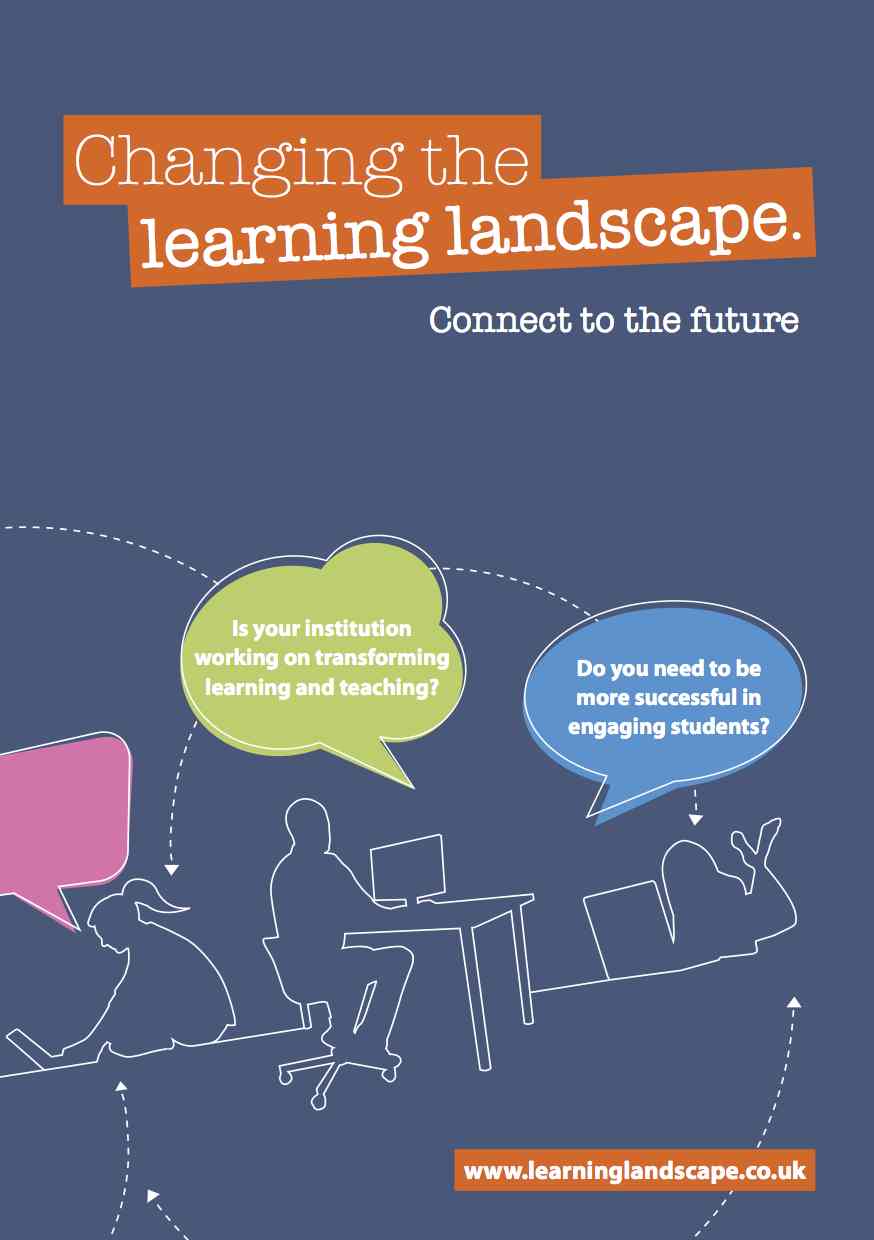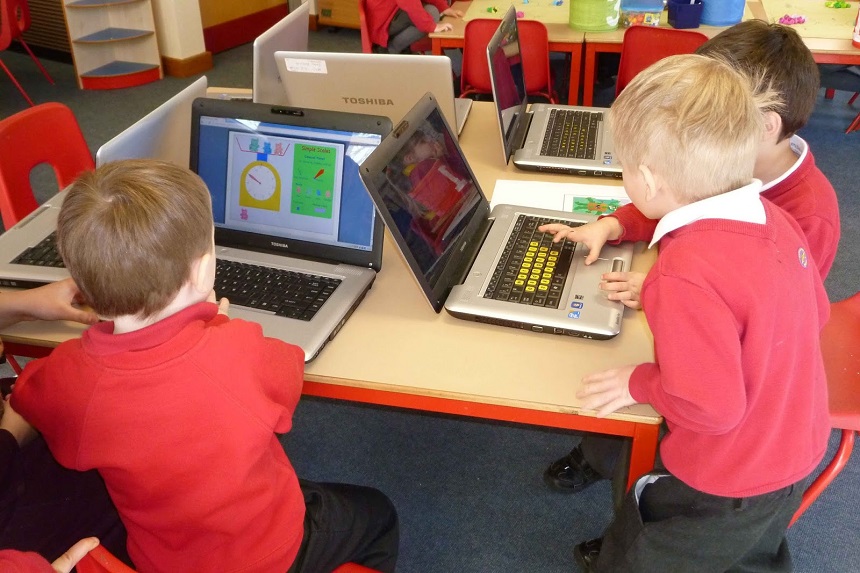Navigating The Digital Landscape: Online Opportunities For Early Childhood Educators
Navigating the Digital Landscape: Online Opportunities for Early Childhood Educators
Related Articles: Navigating the Digital Landscape: Online Opportunities for Early Childhood Educators
Introduction
With great pleasure, we will explore the intriguing topic related to Navigating the Digital Landscape: Online Opportunities for Early Childhood Educators. Let’s weave interesting information and offer fresh perspectives to the readers.
Table of Content
Navigating the Digital Landscape: Online Opportunities for Early Childhood Educators

The field of early childhood education is undergoing a significant transformation, with the digital realm opening up a wealth of opportunities for educators. This shift presents a unique landscape for educators seeking flexible, engaging, and impactful ways to contribute to the development of young learners. While traditional classroom settings remain vital, online platforms are providing educators with innovative avenues to share their expertise, connect with children and families, and contribute to the broader field.
The Rise of Online Early Childhood Education:
The surge in online opportunities for early childhood educators is driven by several factors:
- Technological Advancements: The widespread adoption of high-speed internet, mobile devices, and user-friendly educational software has made online learning accessible and engaging for young children.
- Demand for Flexibility: The desire for flexible work arrangements is increasing, and online platforms offer educators the freedom to set their own schedules and work from anywhere.
- Global Reach: Online platforms transcend geographical boundaries, allowing educators to connect with students and families worldwide, fostering cross-cultural learning and understanding.
- Personalized Learning: The online environment facilitates individualized learning experiences, enabling educators to cater to the unique needs and learning styles of each child.
Exploring the Spectrum of Online Opportunities:
The online world offers a diverse range of opportunities for early childhood educators, encompassing various roles and responsibilities:
1. Online Teaching and Instruction:
- Virtual Classroom Teacher: Educators can lead live online classes for preschool, kindergarten, or elementary students, utilizing interactive software, video conferencing, and engaging learning activities.
- Asynchronous Online Teacher: Educators can create pre-recorded lessons, interactive activities, and assessments that students can access at their own pace, providing flexibility and individualized learning experiences.
- Online Curriculum Developer: Educators can create and develop online curriculum materials, including lesson plans, assessments, and interactive activities, for individual students or educational institutions.
2. Content Creation and Support:
- Early Childhood Blogger: Educators can share their expertise and insights through blogs, providing valuable resources and information for parents, educators, and policymakers on topics such as child development, early literacy, and play-based learning.
- Online Course Creator: Educators can design and deliver online courses for parents, caregivers, and aspiring educators on topics such as early literacy, child development, or specific educational methodologies.
- Educational App Developer: Educators can leverage their knowledge of child development and learning principles to create interactive and educational apps for children, fostering cognitive, social, and emotional growth.
3. Consultation and Professional Development:
- Online Early Childhood Consultant: Educators can offer their expertise and guidance to families, schools, and organizations seeking support in areas such as curriculum development, classroom management, or child development.
- Online Professional Development Facilitator: Educators can lead workshops, webinars, and online courses for early childhood educators, providing professional development opportunities to enhance their skills and knowledge.
- Online Resource Specialist: Educators can curate and share online resources, such as websites, articles, and research findings, to support the professional development of other educators and provide access to valuable information.
Benefits of Embracing Online Opportunities:
The shift towards online platforms brings numerous advantages for early childhood educators:
- Flexibility and Work-Life Balance: Online opportunities allow educators to set their own schedules, work from anywhere, and manage their work-life balance effectively.
- Increased Income Potential: Educators can leverage their expertise to create multiple income streams through online teaching, content creation, and consulting services.
- Global Reach and Impact: Online platforms allow educators to connect with a wider audience, expanding their reach and influencing educational practices globally.
- Continuous Learning and Professional Development: The dynamic nature of the online world encourages educators to stay current with emerging trends, technologies, and research in early childhood education.
Navigating the Online Landscape: FAQs
1. What qualifications are required for online early childhood education roles?
Qualifications typically vary depending on the specific role. However, a strong foundation in early childhood education theory and practice is essential. This may include a bachelor’s or master’s degree in early childhood education, a teaching license, or relevant experience in a preschool or childcare setting.
2. What are some essential online skills for early childhood educators?
Technical skills, such as proficiency in using video conferencing platforms, online learning management systems, and educational software, are crucial. Additionally, strong communication skills, both written and verbal, are essential for effective online teaching and interaction with students and families.
3. How can I find online early childhood education opportunities?
Numerous online platforms and job boards cater to the field of early childhood education. Websites like Indeed, LinkedIn, and Teach.com often feature online teaching positions. Additionally, specialized online platforms, such as VIPKid and Outschool, offer opportunities for online early childhood educators.
4. What are some reputable online platforms for early childhood educators?
Several platforms have gained recognition for their quality and opportunities:
- VIPKid: Focuses on online English language instruction for Chinese children.
- Outschool: Offers a wide range of online classes for children of various ages, including early childhood education.
- Teach.com: A job board specifically for educators, including online teaching positions.
- Pre-K Pages: A resource for early childhood educators, including online learning materials and professional development opportunities.
5. How can I ensure the safety and well-being of students in online settings?
Safety and well-being are paramount in online learning environments. Educators should familiarize themselves with best practices for online safety, including:
- Establishing clear boundaries and expectations for online behavior.
- Using secure platforms and technologies.
- Ensuring appropriate supervision and monitoring of student interactions.
- Implementing age-appropriate online learning activities.
- Providing clear guidelines for communication and interaction with students and families.
Tips for Success in Online Early Childhood Education:
- Develop a strong online presence: Create a professional website or profile showcasing your expertise, qualifications, and teaching experience.
- Embrace technology: Familiarize yourself with various online learning platforms, video conferencing tools, and educational software.
- Engage in online communities: Participate in online forums, groups, and social media discussions to connect with other educators, share resources, and stay informed about industry trends.
- Continuously learn and develop: Seek opportunities for online professional development to enhance your skills and knowledge in online teaching and early childhood education.
- Prioritize student engagement: Utilize interactive activities, games, and virtual field trips to create engaging and dynamic online learning experiences.
Conclusion:
The online landscape presents a transformative opportunity for early childhood educators to broaden their reach, enhance their impact, and contribute to the field in innovative ways. By embracing the possibilities of technology and adapting their skills to the digital environment, educators can create engaging and enriching learning experiences for children, fostering their development and preparing them for the future. As the digital realm continues to evolve, online opportunities for early childhood educators will undoubtedly expand, offering a dynamic and rewarding path for those committed to shaping the lives of young learners.







Closure
Thus, we hope this article has provided valuable insights into Navigating the Digital Landscape: Online Opportunities for Early Childhood Educators. We hope you find this article informative and beneficial. See you in our next article!
You may also like
Recent Posts
- Navigating The Digital Landscape: Online Job Opportunities For 17-Year-Olds
- Navigating The Amazon Ecosystem: Online Opportunities For Students
- Navigating The Digital Landscape: Online Jobs In Illinois
- Navigating The Realm Of Remote Work In Malta: A Comprehensive Guide
- The Rise Of Remote Work: A Comprehensive Look At Online Jobs In America
- Unlocking Opportunities: Online Tutoring As A Career Path For Women
- The Rise Of Remote Work: A Comprehensive Guide To Online Jobs From Home In The USA
- The Digital Frontier: Navigating Entry-Level Online Jobs Without Prior Experience
Leave a Reply